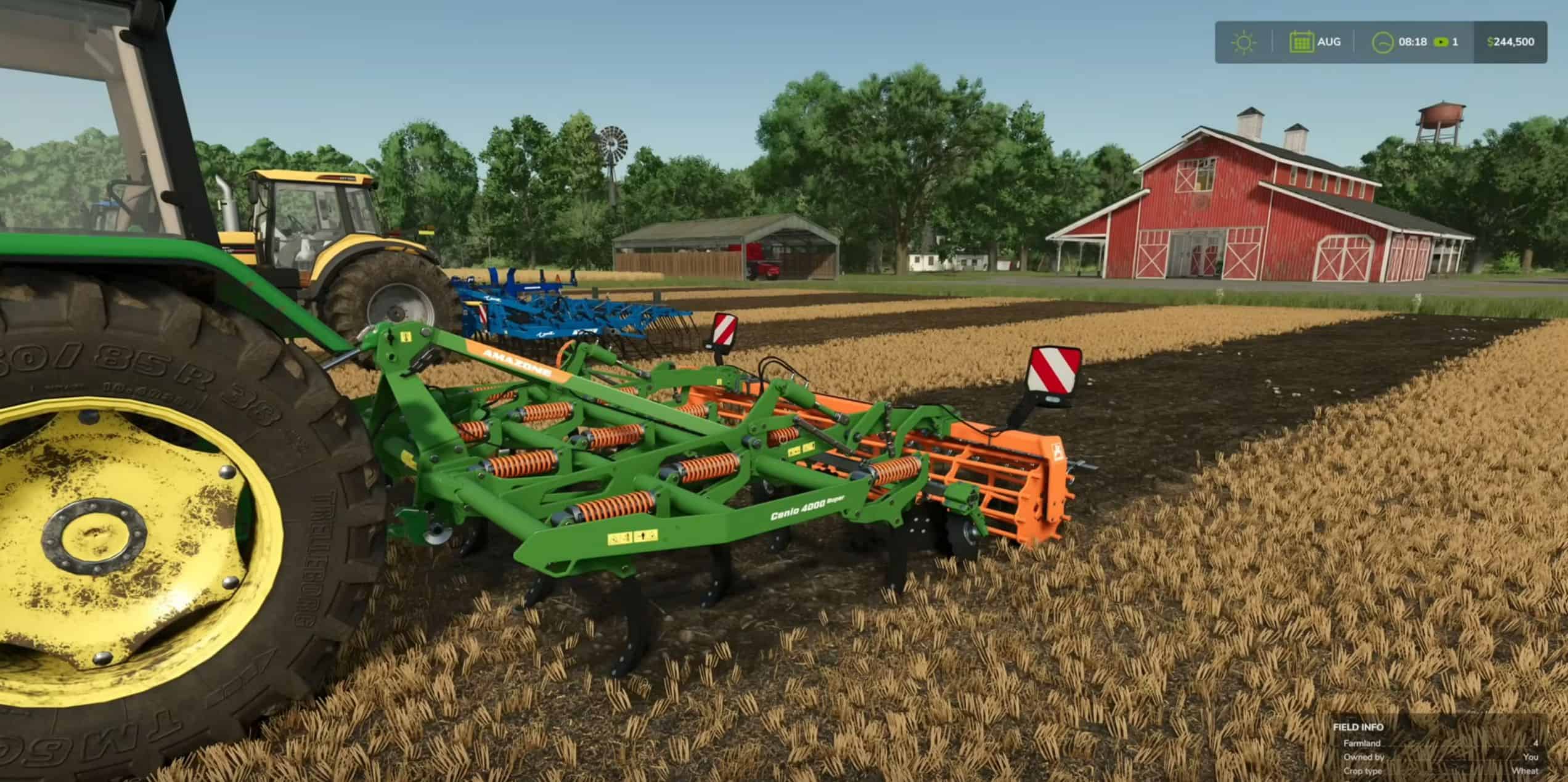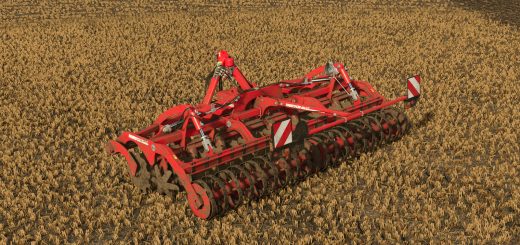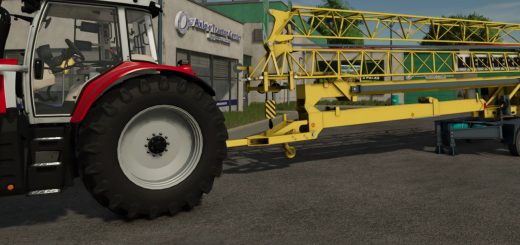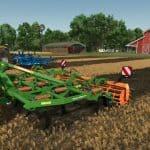



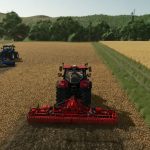

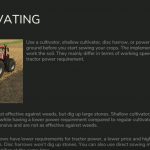

FS25 Tips: Cultivating, Disc Harrows & Power Harrows
Cultivating is an essential step in Farming Simulator 25, ensuring that your fields are properly prepared for the next crop cycle. In this guide, we’ll cover everything you need to know about using cultivators, shallow cultivators, disc harrows, and power harrows to get the best results for your farm. Whether you’re looking to improve yields or simply prepare your fields for the next planting season, this guide has you covered.
What is Cultivating?
Cultivating is the process of loosening the soil before sowing new crops. It helps break up the soil surface, making it easier for seeds to take root. Proper cultivation can also help control weeds and prepare your fields for higher yields.
There are four main types of soil cultivation tools in Farming Simulator 25:
- Regular Cultivators
- Shallow Cultivators
- Disc Harrows
- Power Harrows
Each tool serves a slightly different purpose and has varying effects on your soil. Let’s dive into the details of each one.
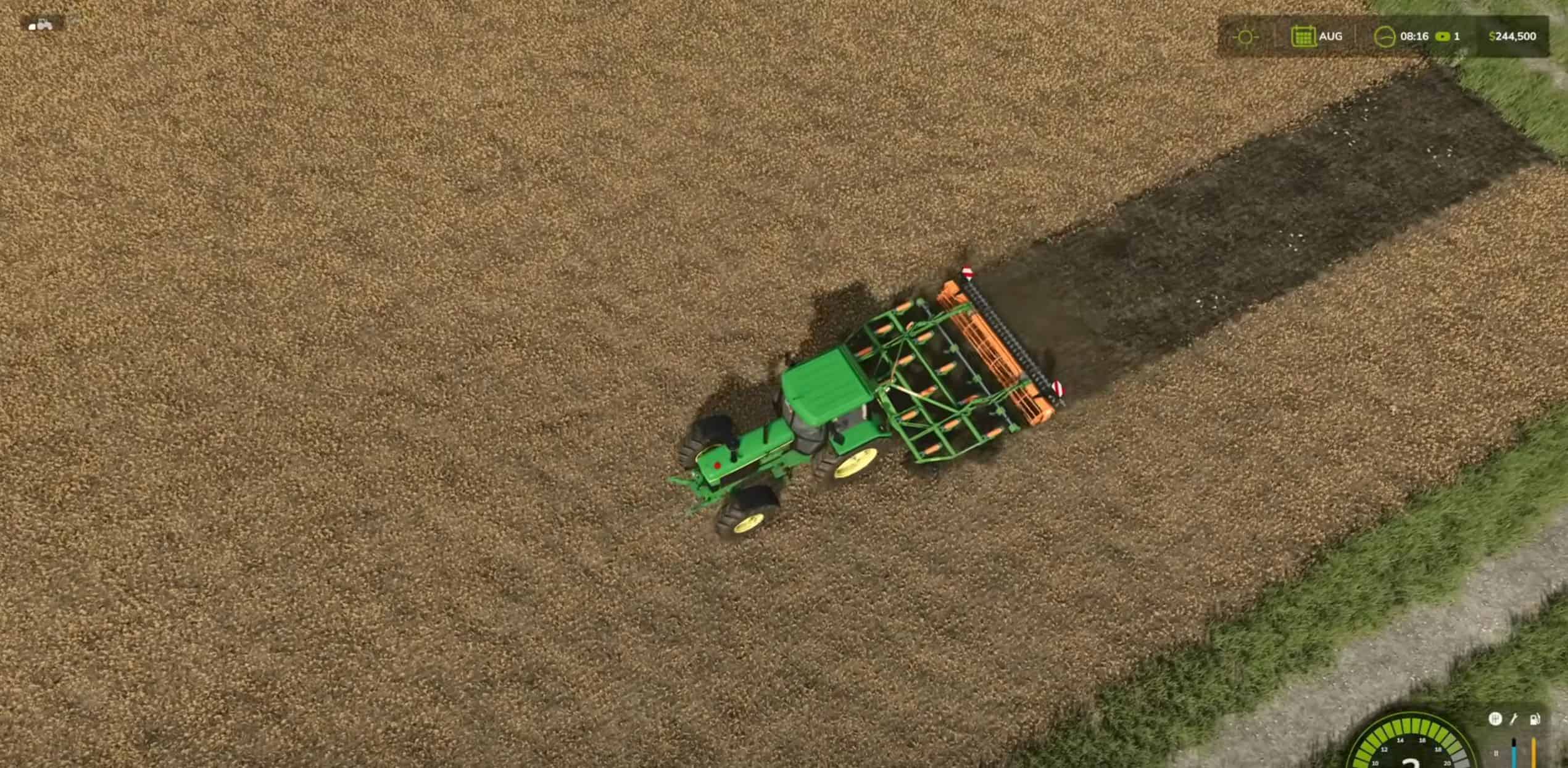
1. Regular Cultivators
- Purpose: Ideal for deep soil cultivation and removing weeds.
- Pros:
– Highly effective against weeds.
– Thoroughly loosens the soil for better seed germination. - Cons:
– Digs up large stones that need to be removed afterward.
– Requires higher tractor power and can be slower than other tools.
When to Use: Regular cultivators are great if you’re looking to fully turn over the soil and prepare it for a new crop cycle. However, keep in mind that you’ll need additional equipment to remove the stones it uncovers.
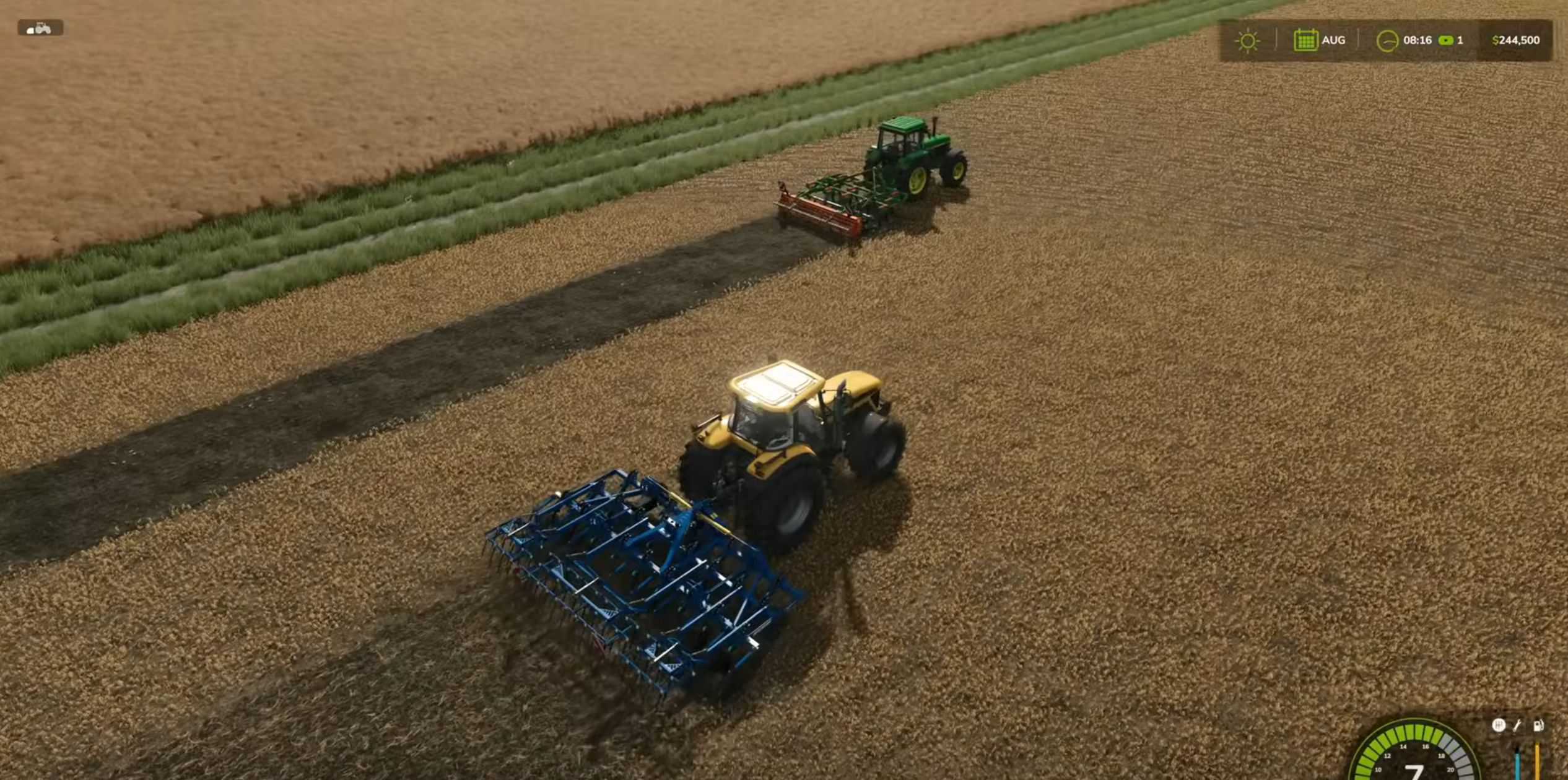
2. Shallow Cultivators
- Purpose: Provides a quicker way to prepare your fields without digging too deep.
- Pros:
– Faster working speed and lower tractor power requirements.
– Covers a wider area, saving time on larger fields.
– Digs up smaller stones that can often be rolled back into the soil. - Cons:
– Less effective at removing weeds compared to regular cultivators.
– More expensive than regular cultivators.
When to Use: Shallow cultivators are perfect if you’re looking for efficiency and speed, especially on larger fields. They are less aggressive on the soil, making them ideal for regular field maintenance.
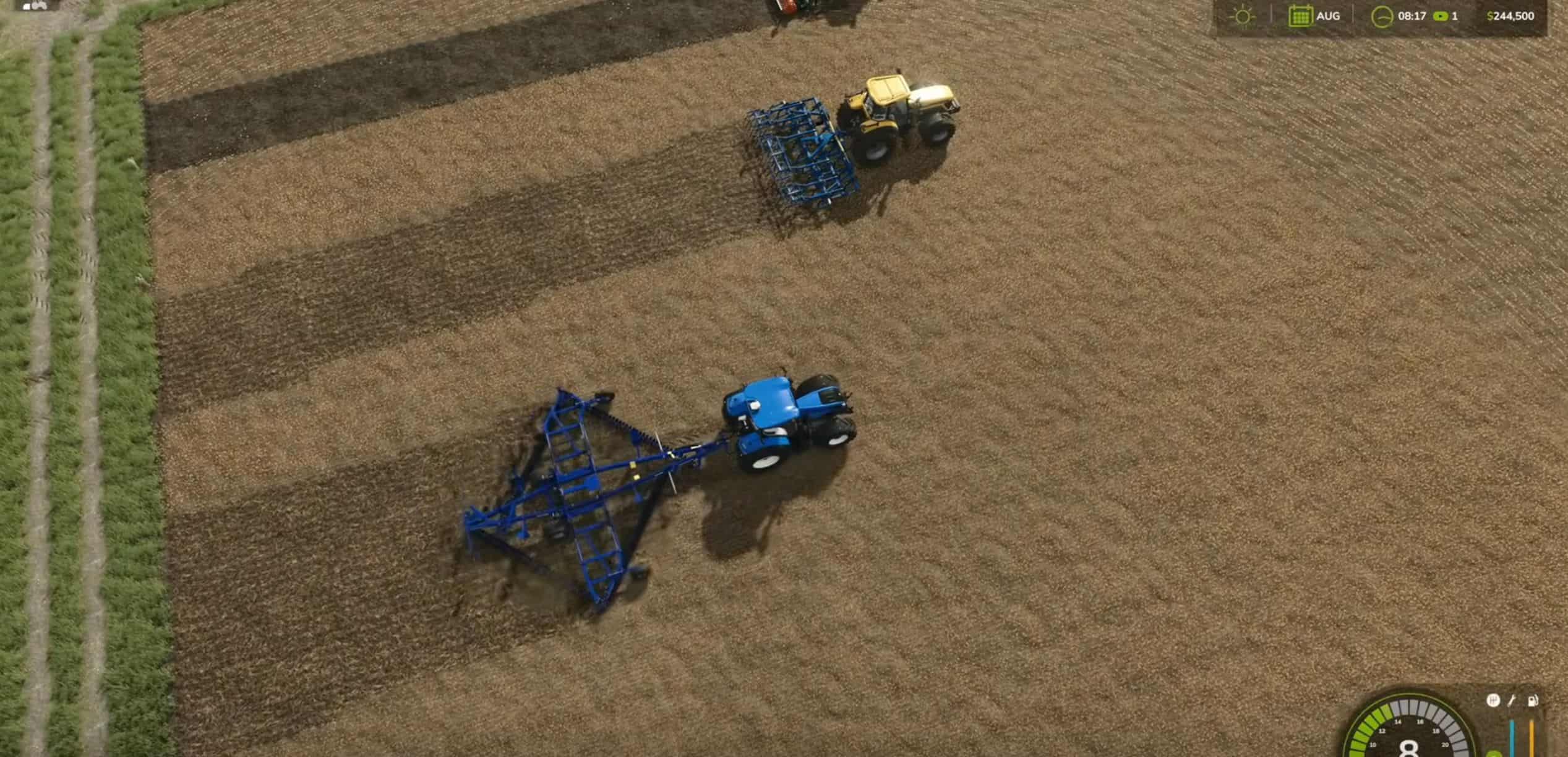
3. Disc Harrows
- Purpose: Combines speed with soil preparation, ideal for shallow cultivation.
- Pros:
– Faster working speed with lower power requirements.
– Does not dig up stones, making it easier to manage your fields.
– Can be used with direct sowing machines for simultaneous cultivation and sowing. - Cons:
– Not as thorough as regular cultivators.
– Limited effectiveness against weeds.
When to Use: If you’re looking to prepare your fields quickly without having to deal with stones, disc harrows are a great choice. They’re also compatible with direct sowing, making them a versatile option for efficient farming.
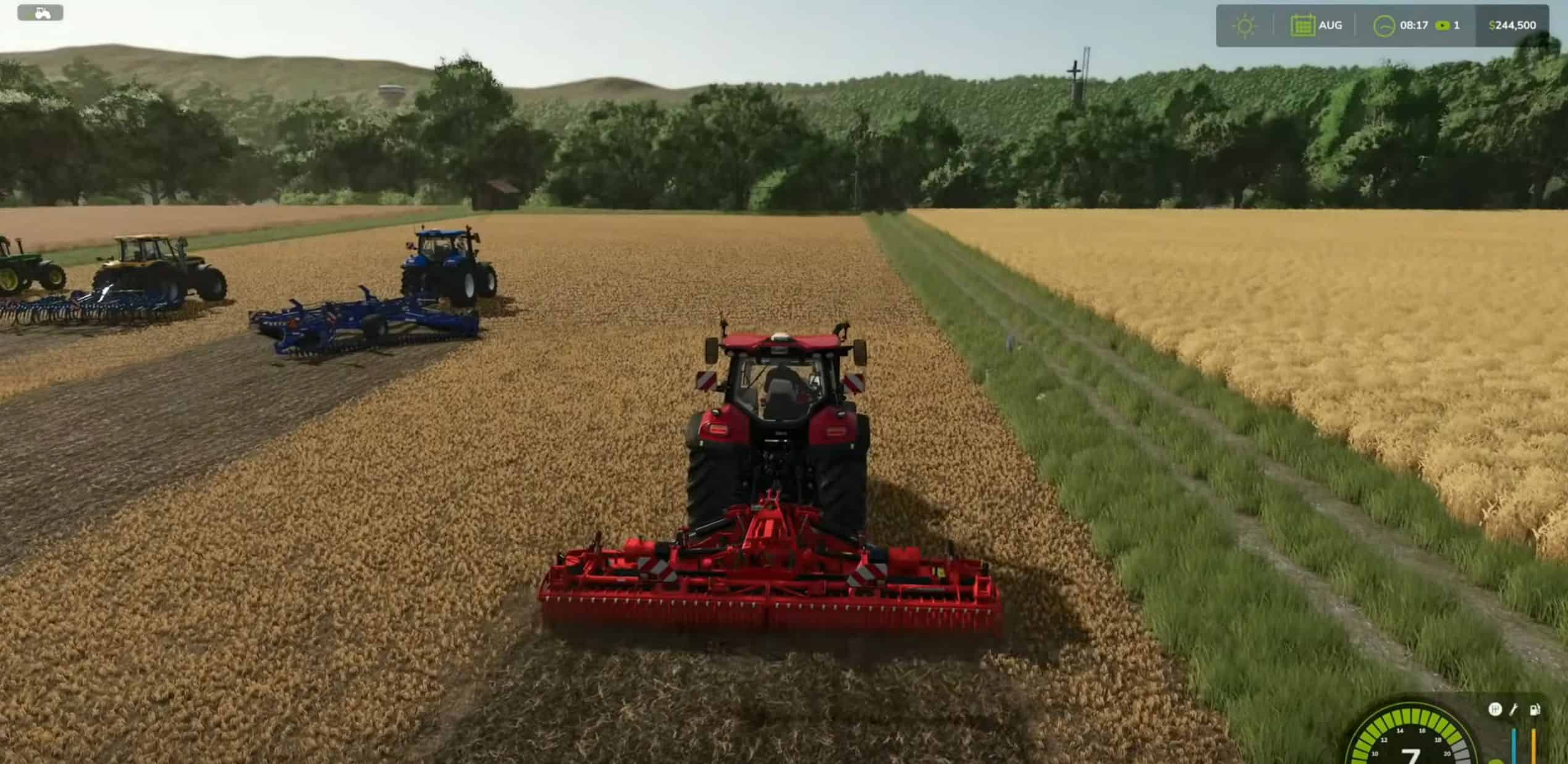
4. Power Harrows
- Purpose: Offers a more refined cultivation process, ideal for breaking up soil clumps.
- Pros:
– Lower power requirements and moderate working speed.
– Provides a smooth seedbed, perfect for delicate crops. - Cons:
– Can dig up large stones, requiring additional management.
– Slower than disc harrows and shallow cultivators.
When to Use: Power harrows are best when you want a finely prepared field, especially for crops that need a smooth seedbed. They work well in combination with other soil preparation tools to ensure optimal conditions for planting.
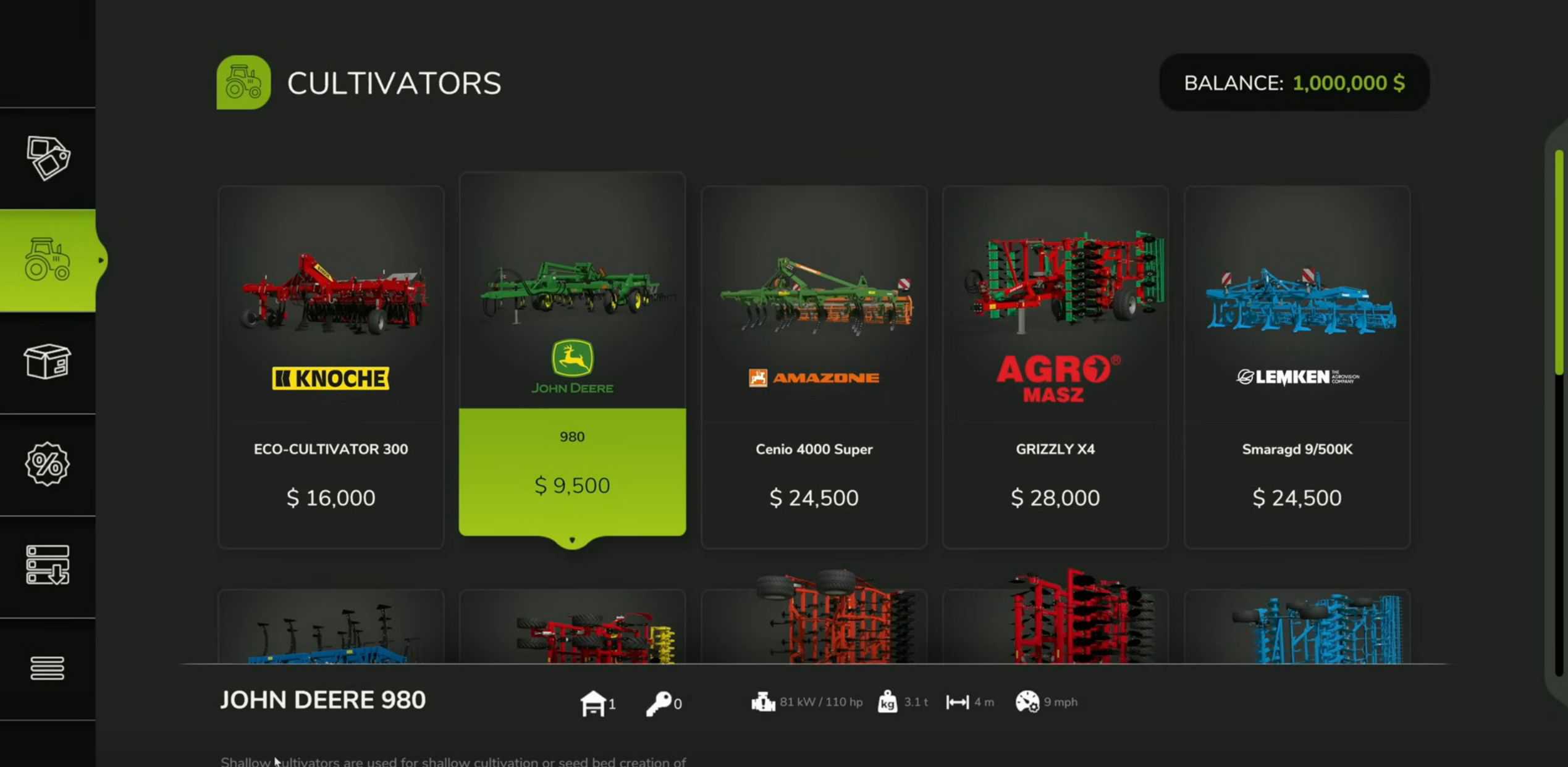
How to Choose the Right Cultivator
When deciding which tool to use, consider:
- Field Size: For larger fields, opt for shallow cultivators or disc harrows for faster coverage.
- Weed Control: Regular cultivators are your best bet if you’re dealing with heavy weed growth.
- Stone Management: If you want to avoid digging up stones, stick with disc harrows or shallow cultivators.
- Tractor Power: Make sure your tractor has the necessary horsepower to handle the chosen equipment.
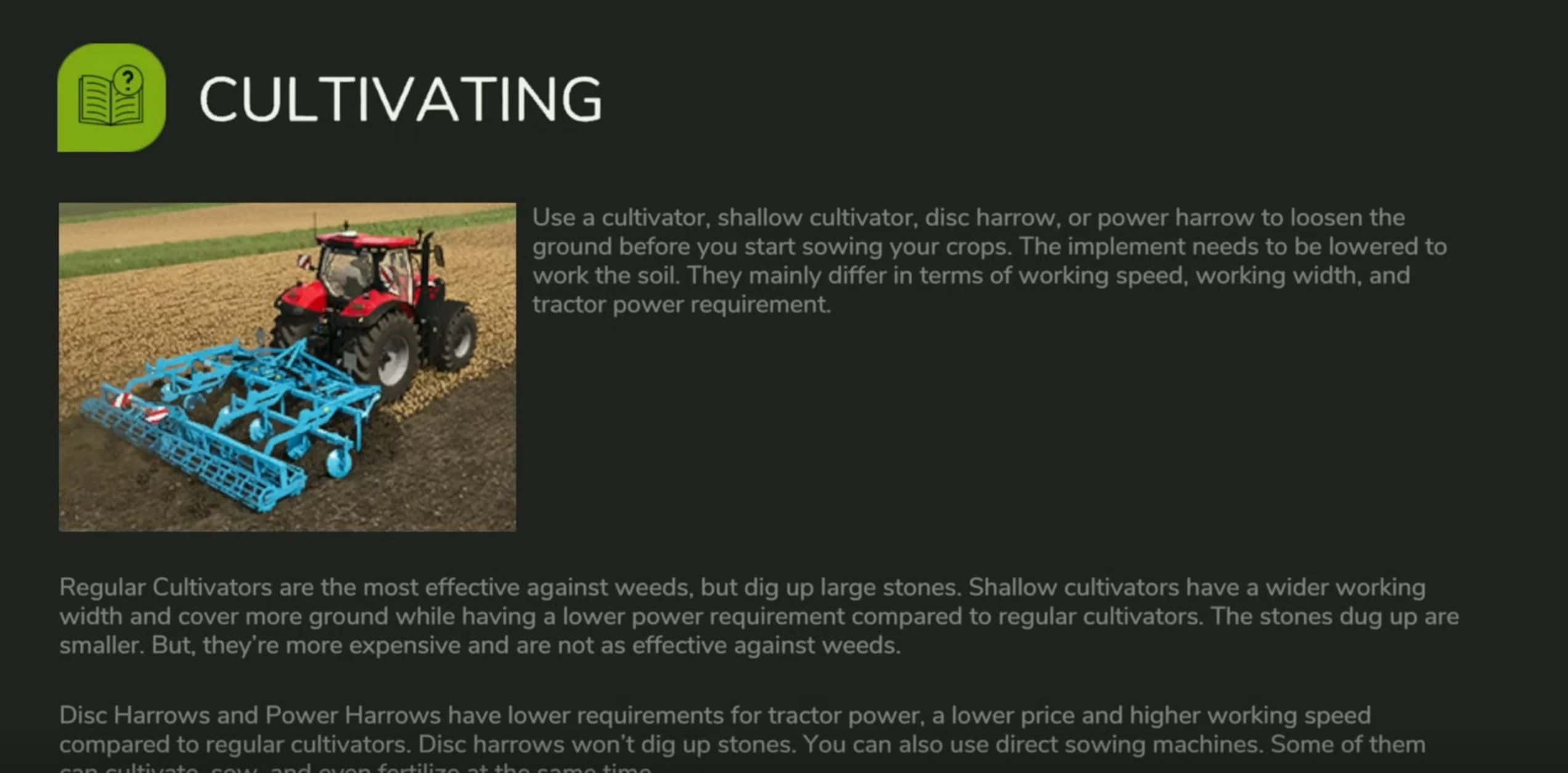
Step-by-Step Guide to Cultivating Your Field
- Check Field Status:
– Open the Soil Composition menu to see if your fields need cultivation. Cultivated fields will appear in blue on the map. - Attach Your Cultivator:
– Head to the shop, select a cultivator that suits your needs, and attach it to your tractor.
– Ensure your tractor meets the horsepower requirements for the chosen cultivator. - Start Cultivating:
– Lower the cultivator into the soil and start moving across your field.
– For disc harrows and power harrows, remember to turn on the implement before starting.
– Observe the soil to check if stones are being dug up. Large stones will need to be removed with a rock picker, while smaller stones can be rolled back into the ground.
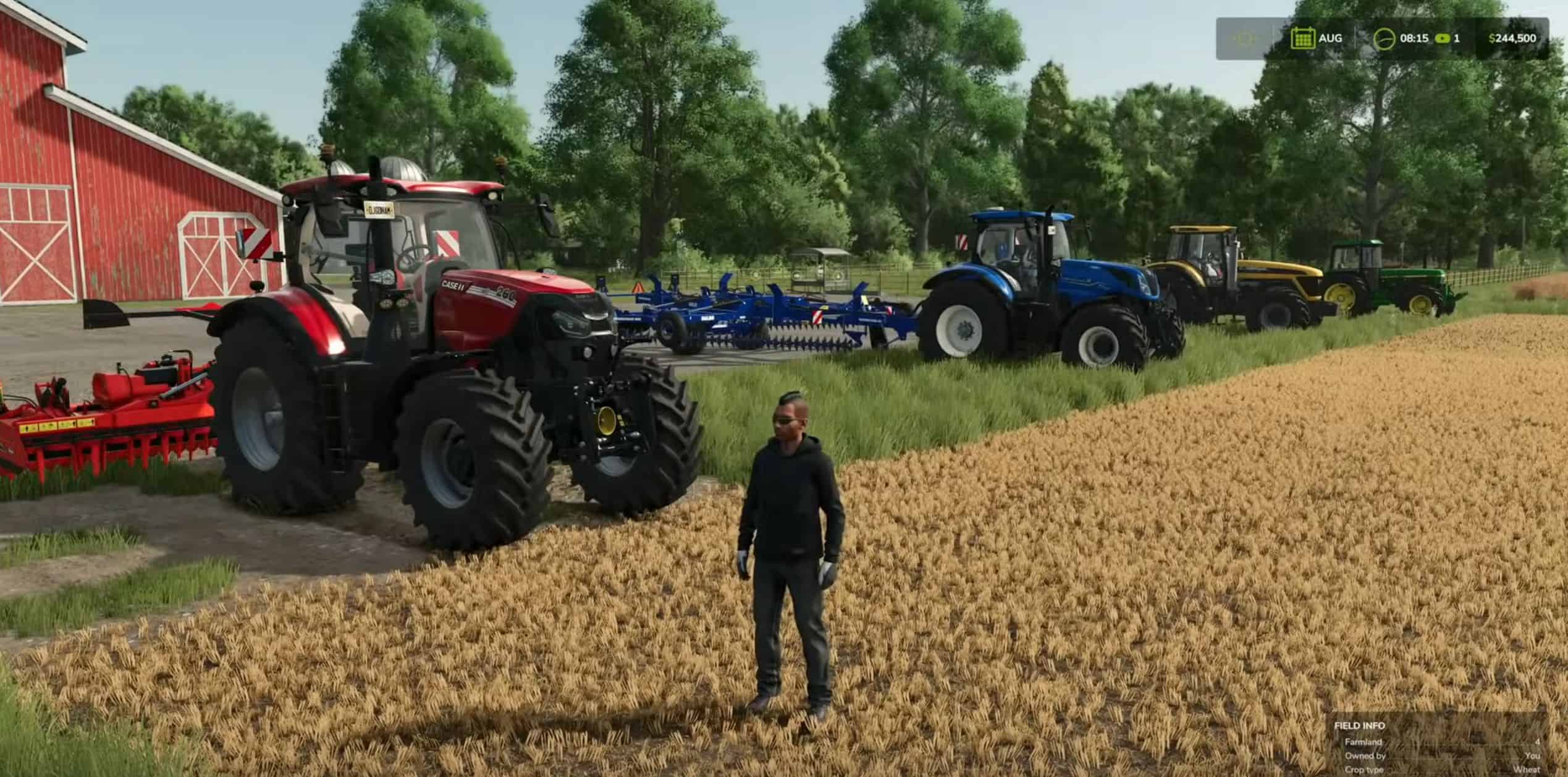
Tips for Efficient Cultivating
- Use GPS Mods: Keep your lines straight and avoid missing spots by using GPS systems if available.
- Direct Sowing: Save time by using direct sowing machines with disc harrows for simultaneous cultivation and planting.
- Prevent Stone Issues: If you want to avoid dealing with stones, consider using shallow cultivators or disc harrows.
Conclusion
Cultivating is a critical part of maintaining your fields in Farming Simulator 25. Whether you’re using a regular cultivator, shallow cultivator, disc harrow, or power harrow, understanding the strengths of each tool can help you optimize your farm’s efficiency.
By choosing the right equipment and cultivation method, you can ensure that your fields are ready for the next planting season, boost crop yields, and save time in your farming operations. Happy farming!

